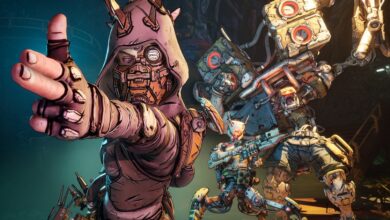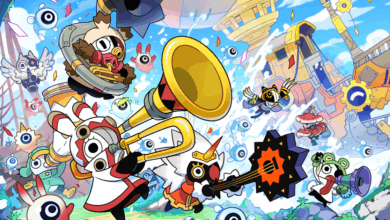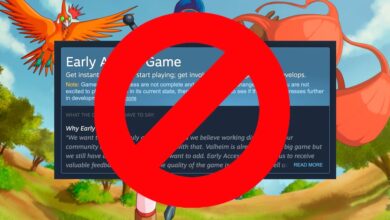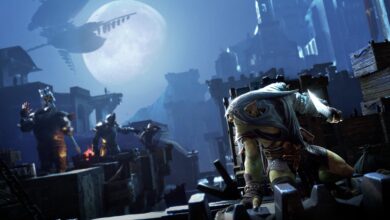Bayonetta and Devil May Cry creator Hideki Kamiya believes Japanese publishers are “more understanding toward creators,” as layoffs continue to rock the games industry
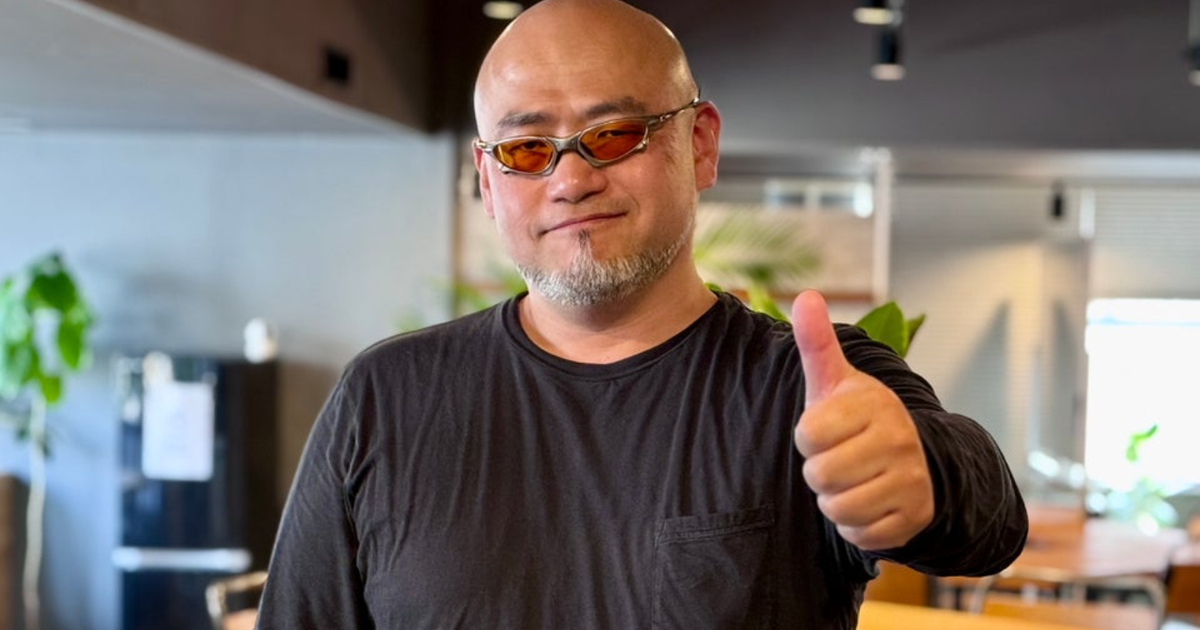
Japanese publishers are “more understanding toward creators,” said Hideki Kamiya, which partly explains why there have been fewer layoffs in the Japanese games industry.
Speaking to VGC, the Bayonetta and Devil May Cry creator discussed the current state of the industry and the difference between eastern and western studios.
“What it feels like when working with Japanese publishers is that the development culture feels closer to mind, and they tend to be more understanding toward creators,” said Kamiya, who’s worked with multiple publishers on both sides of the globe.
“I think of game development as a kind of invention,” he continued, using the likes of Bayonetta’s Witch Time and Okami’s Celestial Brush as examples. “My goal is always to build in a unique mechanic that only that game can have. On the Japanese side, my impression is that they see you’re trying to make a new invention. They understand the struggle of trying to give birth to something new, and they watch over the process with patience.”
By comparison, western publishers prefer the “sense of safety following an established format”.
“That’s where I see there’s a difference with publishers,” said Kamiya. “For foreign companies, if you’re trying to invent something new, because the shape of it isn’t clear yet, there tends to be pressure, like ‘show us something that’s taken shape more’. And if you look at the games themselves, like how first-person shooters were the popular thing for a while, I get the impression that they feel a sense of safety following an established format.”
Kamiya used Scalebound as an example – the Xbox One exclusive was a joint project between PlatinumGames and Microsoft but was ultimately cancelled. Here, the team was building a system to control both a human protagonist and a dragon simultaneously. “But there was no clear reference or format for us to follow for a game like that,” said Kamiya. “And I think that’s why it was easy for some to have doubts.”
And while Kamiya doesn’t believe Scalebound would’ve been published had it had a Japanese publisher, he did admit “it would’ve been different.”
“Japanese companies tend to be more open to new challenges, and I think the conversations would have been more positive, like, ‘Okay, so how should we approach this together?’,” said Kamiya. “For me personally, overseas publishers seem to have a much stronger desire to see a finished product as quickly as possible. If it had been a Japanese publisher, I feel they might have given us more leeway.”
Speaking on his desire to protect his new studio from layoffs, Kamiya said: “We really have a deep commitment to keep the company going for [our staff], who we’re grateful to. Of course, I understand there are circumstances that force large companies to make layoffs, but for us, that’s a route that we don’t want to go down. We want to take care of our staff.”
Kamiya has recently founded a new studio, Clovers, which is developing a sequel to Okami with Capcom. Back in March he joked about resurrecting Scalebound.
Love Eurogamer? Make us a Preferred Source on Google and catch more of our coverage in your feeds.
